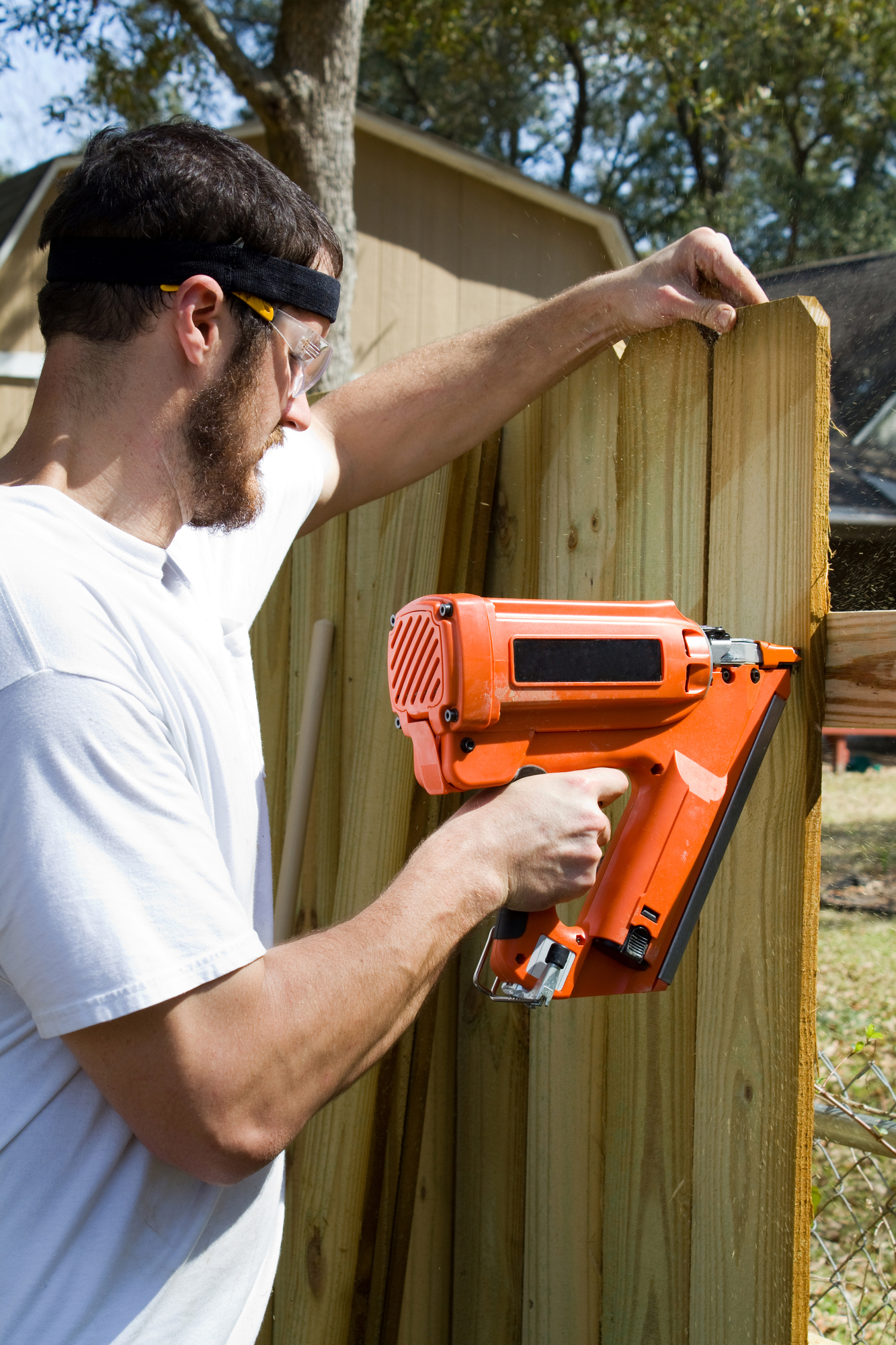
New landlords tend to encounter more legal hoops and concerns than they expect when they get started as property investors. One area where Orlando property management companies tend to shine is in offering advice and clarity about situations like tenants' rights disputes as well as handling people who are squatting on your property.
If you've never thought about having to deal with squatters in Florida, it's a very real thing! As a landlord, you absolutely cannot risk getting caught unawares by this potential property disaster. Here are just a few things to know about Florida's squatter laws—and how your Orlando property management team can help.
Before we begin: This article is not intended as legal advice. If you're facing a real-time squatting situation, the best thing you can do is to get in touch with your Orlando property management professional or a skilled attorney who can provide direct guidance.
Understand the Six Standards for Claiming Adverse Possession
When a property is wholly abandoned, and someone moves onto the property, they are technically a squatter. There are some fairly stringent rules in Florida related to how squatters can take over a property that is completely abandoned. Taking over a property that has been abandoned for seven years and following the laws to gain possession is known as adverse possession.

However, there are some requirements imposed by the law in addition to those outlined above. There are five (or four, depending on where you look) major components that landlords need to be aware of when it comes to possession:
- Is the possession hostile (without permission, either intentional or not)?
- Is the possession actual (the squatter is treating the land as their own)?
- Is the possession exclusive (the trespasser is not sharing the property with others)?
- Is the possession open and notorious (the act of squatting is not in secret)?
- Is the possession continuous (in Florida, this is for a period of seven years)?
There is an additional sixth requirement in Florida that isn't required by other states and is unique. It's composed of two different parts, but a squatter only has to satisfy one:
- The squatter's possession across the seven-year span must include improvements to the property, cultivation, or the construction of significant enclosures.
- If the above requirement is not fulfilled, the trespasser can still lay claim to the property if they pay property taxes and liens within one year after entering into possession and continue to make improvements to the property.
As you can see, it would take a truly abandoned property to be ceded from the original owner to the squatter, and even so, they might not meet all the required standards—meaning that the landowner could have the opportunity to remove them from the property.
Do note that this is merely a general overview of the complexity of the Florida squatter laws. If you're unsure of whether a potential squatter law matters in the particular case of your property, bringing in Orlando property management can be a significant asset. A property management professional will always stay aware of the statutes regarding real estate and property rental, giving them insights that new property owners might not have.
Understand the Path to Prevent Squatters
Preventing squatters is a much better path than trying to go to court with a squatter who has laid claim to a property—and it's usually more affordable for landlords to boot. Some simple things to do in order to prevent squatters include the following:
- Keep up-to-date on property taxes: Make it so that no one has a case that you are derelict in managing the property's responsibilities; if they are paying the taxes for you, they have more of a claim.
- Make it difficult for squatters to move in: This includes locking windows, keeping the door locked, and maintaining fences and other enclosures.
- Inspect your property frequently: Frequent inspections keep you aware of whether or not anyone is squatting on your property. Knowing is the first step to making sure squatters don't have a case for remaining on the property.

Squatters are more likely to take advantage of you in a variety of circumstances. Still, a big one is if you have a property that shows clear signs of not being occupied by the owner but also of not being monitored and kept up.
Working with Orlando property management can keep your rental home in top shape! Plus, your property management professionals make inspecting your property a priority part of its care.
When you have the best property management Orlando has to offer; vacancy is also a concern of the past. Even if you never intended to become a landlord and inherited your property without knowing what to do with it, you're now responsible for keeping it from becoming a liability.
In the Event of Squatter Eviction, You Need Orlando Property Management!
Keep in mind; you aren't allowed to remove squatters yourself with force. You must follow the appropriate channels to post an eviction notice. It may take time, but when you have the skills of an exceptional property management company on your side, it doesn't have to be done alone. Plus, your property management partner can provide the skills you need to keep an eye on your rental home, maintain its upkeep, and find long-term, paying tenants for it.
Why deny yourself passive income from a property that would otherwise remain empty? No landlord should have to suffer from a vacancy! Get in touch with Verandah Properties to address your rental home needs in Orlando.

